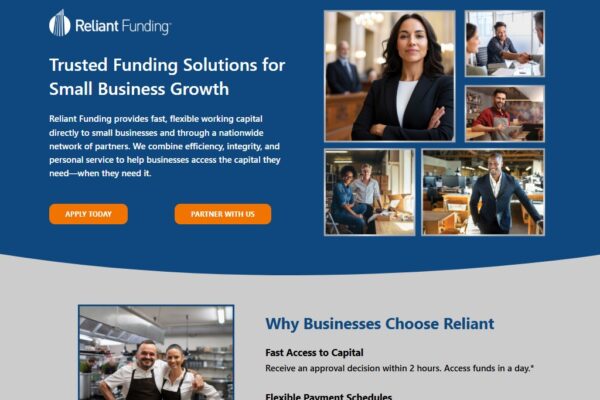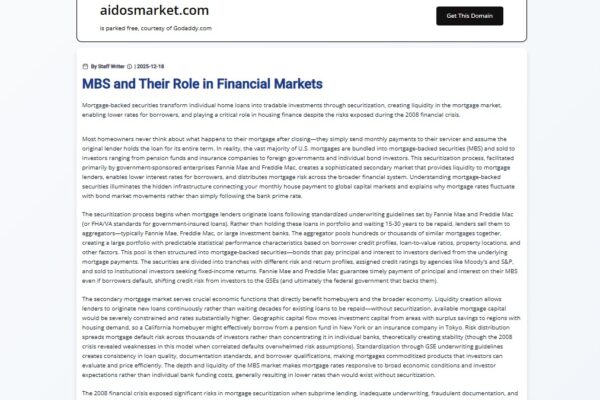Trusts.Market Scam -Promised Stability, Delivered Chaos
In the glossy world of online trading and crypto investments, every new platform claims to be the next big thing. They all come wrapped in sleek web design, technical jargon, and the irresistible promise of “financial freedom.” Among the latest names to make noise — and suspicion — in this crowded space is Trusts.Market. On the surface, it looks legitimate, even impressive. But dig a little deeper, and what you find is a digital illusion built to trap the hopeful and the inexperienced.
This is the story of Trusts.Market — how it presents itself as a trusted investment platform and why that trust is dangerously misplaced.
The First Impression: Polished, Persuasive, and Purposeful
The first encounter with Trusts.Market feels professional. The website design is slick, the typography sharp, and the color palette deliberate — a blend of blues and whites to subconsciously suggest reliability and calm. Their tagline reads something like “Empowering Global Traders with Transparent Financial Solutions.” It’s the kind of slogan you’d expect from a legitimate fintech company.
From the homepage alone, Trusts.Market seems to check all the boxes of credibility:
-
Promises of secure trading systems
-
Advanced analytics tools for crypto and forex
-
24/7 customer support
-
Professional portfolio managers ready to “guide” new investors
But as any seasoned trader knows, looks can be deceiving. And with Trusts.Market, appearances are almost its entire game.
Behind the Curtain: Too Good to Be True
Once you start exploring beyond the surface, the cracks appear quickly. For example, the “About Us” section is full of buzzwords but offers no verifiable corporate details. There’s no mention of a founding team, no registration number, and no links to any known financial authorities.
If you try to check who owns or operates Trusts.Market, you’ll likely end up in a dead end — no listed company, no headquarters address, and no traceable business registration. Everything points to a ghost operation, one that thrives on anonymity.
Many investors report that even their “account managers” use fake names and AI-generated photos — a now-common tactic among scam brokers. The conversations are scripted, the advice eerily similar from one investor to another, and the so-called “investment experts” vanish once the withdrawals begin to stall.
The Sales Pitch: Pressure Disguised as Opportunity
One of the strongest warning signs of a scam is urgency — that psychological push to “act now” before missing out. Trusts.Market is a master of this.
As soon as you sign up, a representative contacts you — often within hours — congratulating you on “joining the future of investing.” The tone is warm, confident, and persuasive. They start small, recommending a “starter package” to test the waters. Once you deposit a few hundred dollars, the magic show begins.
Your dashboard lights up with fake profits. The numbers climb daily, giving you the illusion that your investment is performing extraordinarily well. Your “account manager” praises your early success and encourages you to “upgrade” to a premium plan for higher returns. The language shifts from gentle encouragement to subtle pressure — “Don’t miss the current trading window,” “Your portfolio could double in days,” “Most investors start seeing real results after their second deposit.”
This psychological manipulation is deliberate. They know the feeling of “missing out” triggers impulsive decisions, and they exploit it relentlessly.
The Red Flags Multiply
While the profit numbers might look impressive, the warning signs grow louder the longer you stay.
-
Unregulated Operations:
Trusts.Market does not hold any license from recognized financial authorities. There’s no record of authorization under organizations like the FCA, ASIC, or CySEC — meaning they have no oversight, no accountability, and no legal obligation to safeguard your funds. -
Unrealistic Returns:
Promising “guaranteed profits” or “risk-free trading” is a classic scam signal. In real financial markets, even the most experienced traders face risk. Trusts.Market’s promise of steady double-digit returns every week is not just unrealistic — it’s mathematically impossible. -
Withdrawal Barriers:
This is where most investors realize they’ve been trapped. Initially, small withdrawal requests might go through to build trust. But once the deposits grow, the excuses begin. Suddenly, you’re told there are “verification issues,” “system upgrades,” or “pending tax clearances” before you can access your money. In many cases, they demand more deposits to “unlock” your profits — another manipulation technique designed to extract every last cent. -
No Transparency in Transactions:
Many users report that their internal account statements on the Trusts.Market platform show fake trade data — numbers that don’t correspond with real market movements. The illusion of live trading is created using fabricated data streams, not actual trading activity.
The Emotional Fallout: Hope Turned Into Despair
For many, the financial loss is devastating. But beyond the money, there’s something deeper — the emotional toll. Victims often describe the experience as betrayal disguised as friendship. The scammers play their roles convincingly, building trust over weeks or months before pulling the rug out from under their victims.
They call you by name, remember your milestones, even send “motivational” messages. It feels like a partnership — until the day they stop responding. Then the silence sets in, and reality crashes down.
People who fall for Trusts.Market’s tactics often aren’t greedy or naïve — they’re hopeful. They want to believe in financial opportunity, especially when the world of online trading seems so accessible. The scammers understand this psychology intimately. They prey on optimism, not ignorance.
The Illusion of Legitimacy
One of the reasons scams like Trusts.Market continue to succeed is their ability to mimic legitimacy. They use fake regulatory badges, AI-generated testimonials, and paid search ads that appear alongside genuine brokers in Google results. Even social media platforms have become unwilling accomplices, as paid ads often slip past moderation filters.
The company might even claim to be “partnered with major financial institutions” — yet none of those institutions ever confirm the connection. They might showcase fake “press coverage” badges like Forbes or Bloomberg logos, all designed to give a thin veneer of credibility.
To the average visitor, it feels authentic. But every layer of authenticity collapses once you start asking real questions.
Patterns of Digital Deception
Trusts.Market’s tactics follow a predictable pattern seen in many offshore investment scams:
-
The Bait: Ads or emails promising high returns through “AI trading” or “blockchain arbitrage.”
-
The Hook: Fast communication from a “financial advisor” encouraging a small initial deposit.
-
The Build-Up: Fake profits shown on the dashboard to create excitement and trust.
-
The Extraction: Requests for more deposits to “maximize” gains or “release” funds.
-
The Disappearance: Withdrawal requests stall, customer support vanishes, and eventually, the website or domain changes name or disappears entirely.
In some cases, these same scammers relaunch under a different domain — a rinse-and-repeat cycle that traps new victims each time.
What Makes Trusts.Market Especially Dangerous
Unlike older scams that were obviously amateurish, Trusts.Market uses sophisticated presentation and AI-driven engagement to appear modern and professional. Their language is fluent, their dashboards responsive, and their agents sound informed. But none of that changes the fact that there’s no real trading happening behind the curtain.
Worse, they often clone parts of legitimate brokerage websites to make their design appear trustworthy. This makes it even harder for newcomers to tell the difference between a regulated broker and a scam operation.
Why These Scams Persist
Scams like Trusts.Market flourish because they exploit two modern forces: digital anonymity and human optimism. The internet allows bad actors to hide behind layers of false identities, while the promise of quick financial success never loses its appeal. Every year, thousands of new investors enter the market hoping to build wealth — and platforms like Trusts.Market are waiting to intercept them with convincing lies.
Even more alarming is how easily these operations shift locations. When authorities start catching up, the operators simply change domains, rebrand, and relaunch — sometimes under names so similar you might not notice the difference.
Final Thoughts: The Trust That Should Never Be Given
The name “Trusts.Market” is itself ironic — because trust is the one thing it never deserves. Behind the smooth branding, AI-generated agents, and fabricated data lies a coordinated network designed to exploit and vanish.
If you or someone you know has encountered this platform, treat every promise with skepticism. Every message that urges urgency, every “bonus opportunity,” every “guaranteed payout” — all are traps woven into a carefully designed illusion.
The bottom line? Trusts.Market is not a financial platform — it’s a performance. And the audience, unfortunately, is often those who can least afford to buy the ticket.
Report Trusts.Market Scam and Recover Your Funds
If you have lost money to Trusts.Market, it’s important to take action immediately. Report the scam to Jayen-consulting.com, a trusted platform that assists victims in recovering their stolen funds. The sooner you act, the better your chances of reclaiming your money and holding these fraudsters accountable.
Scam brokers like Trusts.Market continue to target unsuspecting investors. Stay informed, avoid unregulated platforms, and report scams to protect yourself and others from financial fraud.
Stay smart. Stay safe






